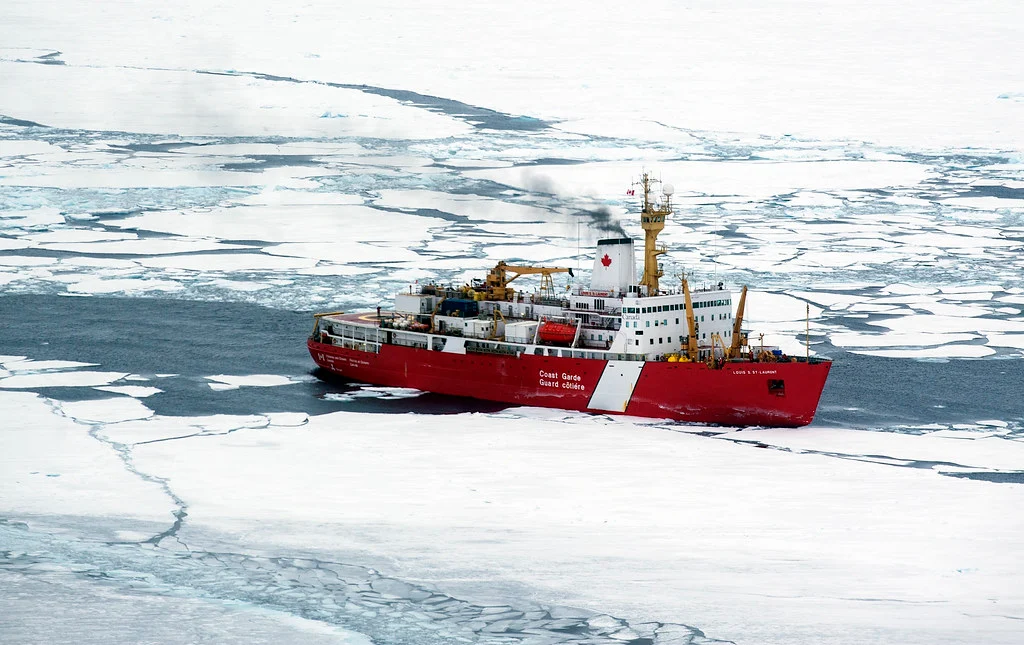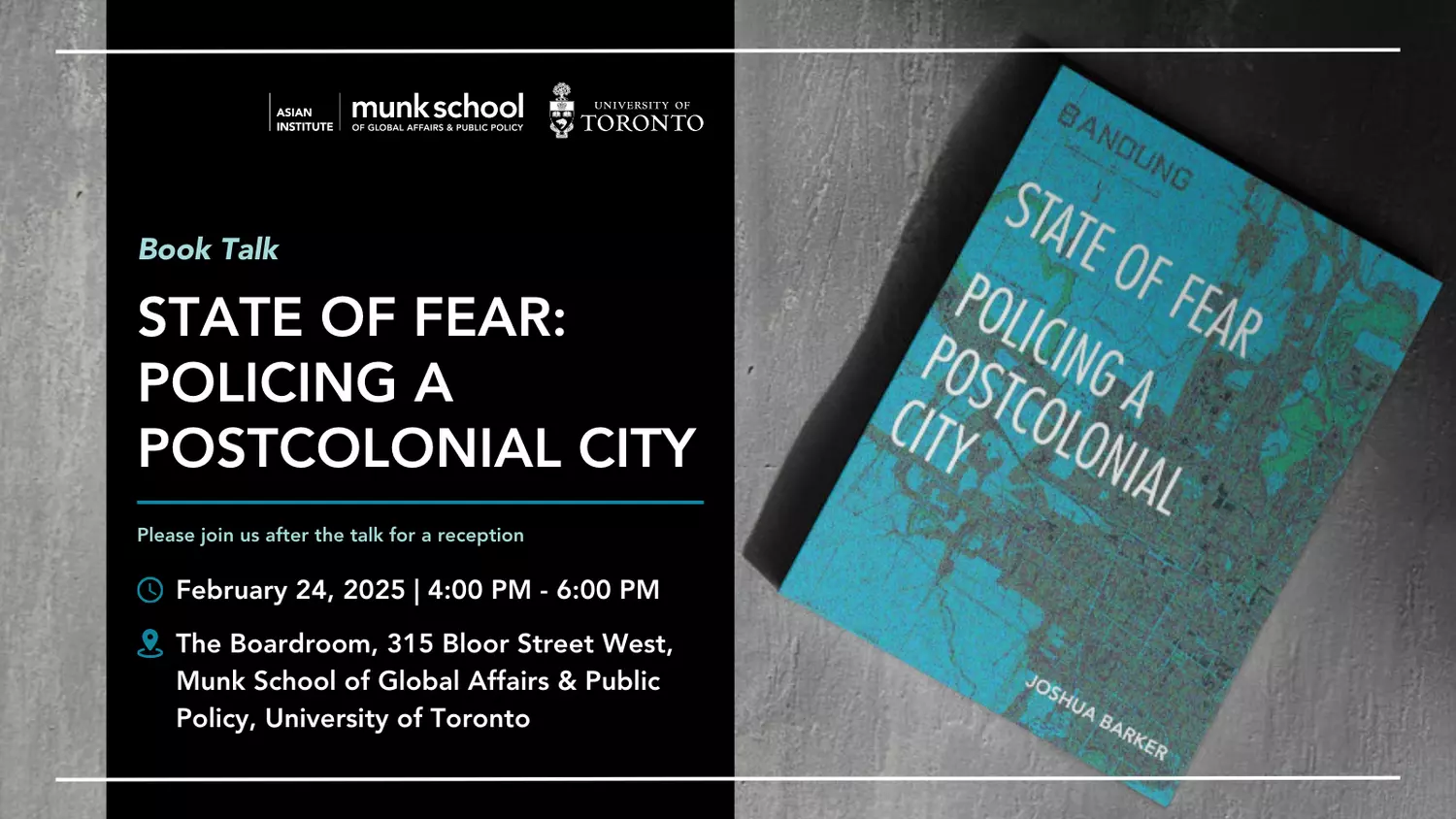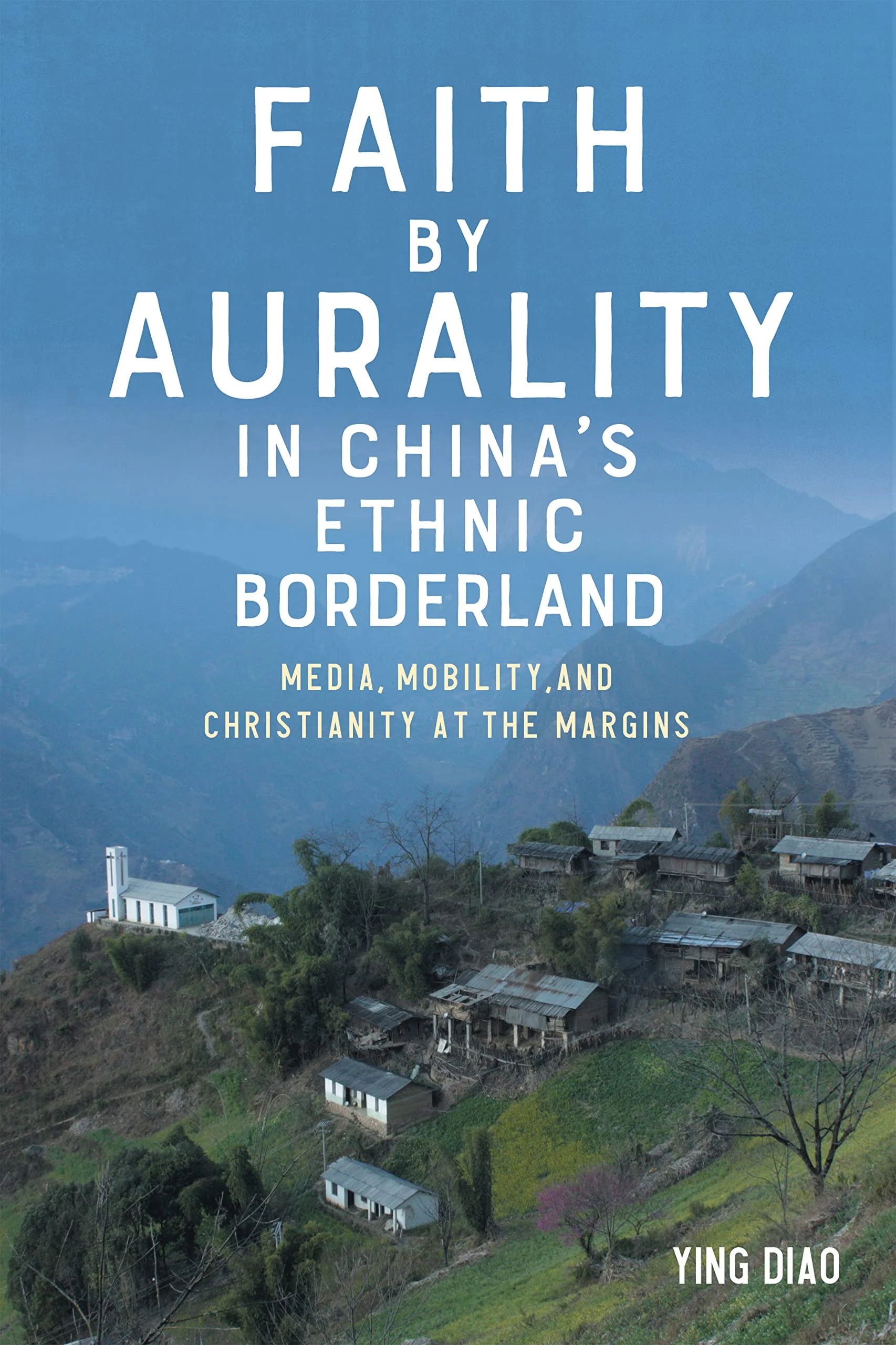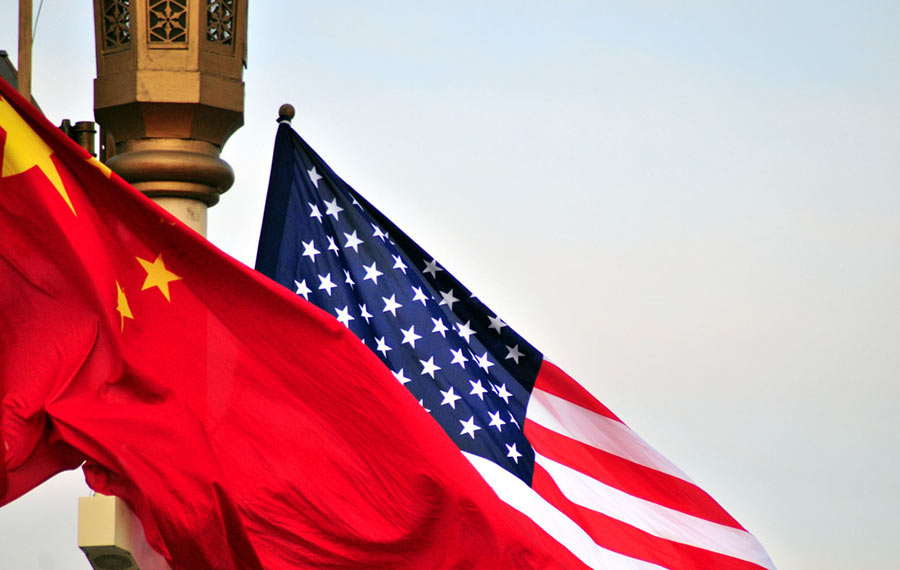On February 25, 2025, in Room 208N of North House, speaker Dr. John Keess delivered a talk titled Canada’s Long-Term Strategic Situation: Past and Present at the Munk School of Global Affairs & Public Policy. This event was hosted by the Munk School. John Keess is a Lecturer in the History Department at the Royal Military College of Canada, where he completed a PhD in War Studies. Having deployed with the Canadian Armed Forces to multiple countries, he has published on topics such as military organization, strategic theory, and military history. During this event, John Keess presented a refreshed version of Dr. Robert James Sutherland’s original 1962 talk, Canada’s Long-Term Strategic Situation, offering insights into whether the original analysis remains relevant in today’s evolving strategic landscape.
John Keess began by outlining Robert J. Sutherland’s background and contributions. After earning degrees in economics and actuarial science from the University of Toronto, Sutherland served as a regimental officer in Italy and Northwest Europe during World War II. After the wars, he returned to academia but later joined Canada’s Defence Research Board, shifting his focus to empirical military analysis. He was known for his problem-solving skills and pragmatic mindset. In 1962, Sutherland delivered a talk, Canada’s Long-Term Strategic Situation, that analyzed Canadian political, economic, and military history, exploring Canada’s future strategic choice. His article was later published in the International Journal and sparked significant discussion.
John Keess then presented a revised version of Robert J. Sutherland’s original talk, emphasizing the uncertainty of historical events and future developments. While Francis Fukuyama once predicted an “end of history” with the triumph of liberal democracy, recent geopolitical shifts – such as Vladimir Putin’s 2021 essay undermining Ukraine’s sovereignty – illustrate history’s unpredictability. John Keess argued that history carried its own internal logic, often diverging from theoretical predictions. The belief in a post-historical world, where liberal democracy would remain unchallenged, is simply naive.
Given this volatile global environment, John Keess identified several “invariants” in Canada’s strategic landscape – the enduring factors that shape the country’s future security choices. These include Canada’s vast geography, its economic potential, and its dependence on the United States. There are two key facts about Canadian geography. The first is that Canada lacks the military capacity to secure its territory. The size and impassibility of the Arctic require a massive air force and navy to secure by force, which the small Canadian population cannot generate. The second fact is that the United States is bound to defend Canada from external aggression, regardless of whether Canadians wish to be defended. John Keess suggested that rather than relying passively on this involuntary guarantee, Canadians should secure a voluntary, mutual guarantee of continental security through military cooperation with the United States to ensure a more balanced partnership. Political geography, however, did not remain unchanged. While the U.S. has become more globally powerful relative to 1962, its willingness to lead globally has diminished. John Keess argued that even strong empires that could establish themselves as global leaders eventually experience exhaustion.
Canada’s strategic choices are more constrained today than in 1962, with limited defense capabilities, economic challenges, and a weak defense-industrial base. John Keess outlined three potential alternatives. The first is to pay the Danegeld – purchasing American weapons and deepening continental defense cooperation, an easy but dependency-reinforcing approach. The second is strategic independence and armed neutrality. The Canadian government can implement a serious review of foreign policy, defense policy, and industrial policy to reduce reliance on larger powers. However, full strategic independence is unrealistic given Canada’s limited defense-industrial base and economic constraints. The third alternative is strategic autonomy, a middle path that balances defense investments with alliance cooperation.
John Keess highlighted the importance of strategic discipline for strategic autonomy. To regain strategic discipline, Canada first needs to rebuild expertise. For example, investing in education that produces strategic expertise would help build the capacity to ask the right questions to regain strategic autonomy. The second measure is to reconceptualize defense policy. Canada needs to reestablish the Department of Defense Production and start seeing military spending as strategic. Military procurement is too important to be left to the generals or the Treasury Board. Finally, Canada should establish a National Security Council-like body to coordinate decision-making.
John Keess concluded that Canada’s identity as either an autonomous ally or a dependent satellite of the U.S. is not just a theoretical issue but an existential one. While Canada’s history is marked by conflict, colonialism, and division, it also carries a legacy of resilience, sacrifice, and innovation. From Indigenous resistance to economic growth through immigration, Canada has repeatedly demonstrated its ability to adapt and thrive. Canada must embrace its responsibility to build an independent and capable nation, rather than becoming a resentful protectorate.
Failing to do so would mean losing Canada’s unique identity and diminishing its contributions to the world.
During the Q&A, audience members discussed NATO’s role, nuclear deterrence, and the viability of a domestic defense industry. John Keess acknowledged the theoretical feasibility of Canada considering nuclear armament but dismissed the political and economic viability of such an initiative. He suggested that Canada’s strategic leverage lies not in nuclear weapons but in maintaining a credible, well-integrated defense force. John Keess also critiqued the notion that Canada can prioritize humanitarian efforts while neglecting military preparedness, arguing that true security requires a balanced approach.
Sonia is a third-year undergraduate student pursuing a specialist in Finance and Economics and a minor in Statistics. Her main research interests lie at the intersection of politics, economics, and finance, focusing on the impact of economic policies on societal welfare and business dynamics. Through her work with Synergy this year, she hopes to gain a deeper understanding of current economic developments in East Asian countries, including their social implications and effectiveness.







